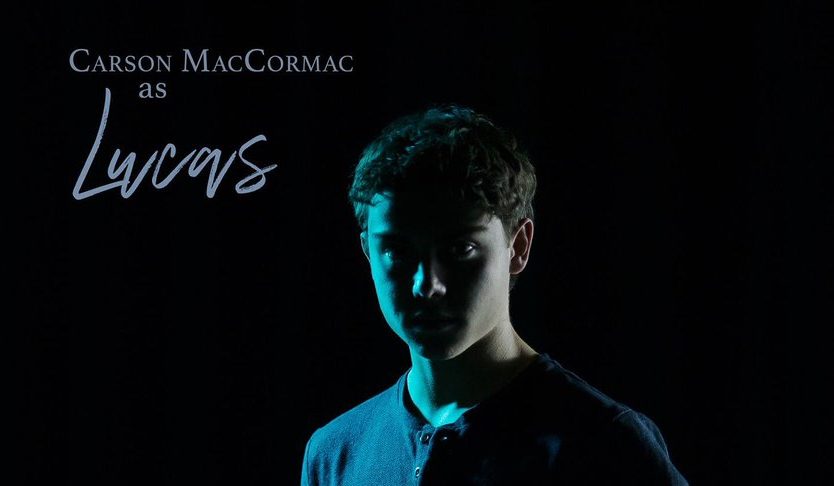Angelica Babiera | Arts Editor
Featured image: Cold Hands follows the story of Lucas Ford’s experience with sexual assault. | Courtesy of Cold Hands via Twitter
The scene opens with a young man inside a courtroom. Lucas Ford (Carson MacCormac) an 18-year old boy, is on the stand, giving his testimony of the recent traumatic experience he had to endure.
It begins in the present moment, right until he speaks from his perspective of the story. From here, the audience is given a flashback to the pivotal moment in Lucas’ life: the night he was sexually assaulted.
Cold Hands is a short film that follows Lucas’ experience with sexual assault. From his happy days of being Paula’s (Cassandra Williams) boyfriend to the night it all happened, the viewers are left with a disturbing reality of sexual assault victims and survivors; all of which the director of the short film, York graduate Eric Bizzarri, captured vividly, as the short was based on his personal experience.
“Cold Hands came from a personal experience. I started writing it when I was in high school, because I was a victim of sexual assault,” Bizzarri says.
“It started as an assignment for my writer’s craft class, and then every year I would revisit the script, and keep editing it and re-working it,” he explains.
“I finally ended up finishing it last year in my final year of university.”
For Bizzarri, the short was a labour of love for all sexual assault victims and survivors; it was a means of giving a voice to those who feel voiceless—which the film undoubtedly demonstrated.
The short gives a very powerful message to everyone, shedding light on a heavy, and relevant topic. It alternately changes timelines from past to present to reiterate the trauma and impact of Lucas’ sexual assault in his life and the case.
The audience follows Lucas as the story jumps between the present and the past through flashbacks. These timeline jumps prove to be successful, despite the fact that Bizzarri and his team struggled in trying to perfect the colour scheme and respecting the narrative.
On top of this, Cold Hands respected Bizzarri’s personal experience, working to demonstrate a very pulling message; one that is often discussed via social media nowadays due to recent sexual allegations within the entertainment industry.
“I feel as artists, it’s our responsibility to condemn these actions of abuse towards any persons, regardless of their gender or sexual identity, and it’s necessary to create a safe space for conversation and action around these issues. At the end of the day, it’s our power; the power of our voices that will bring us forward—it shouldn’t be the ones that hold us back,” he says.
“I think it’s great that what we have, I guess my film’s sake of coming out right now, is to be able to contribute to that conversation. There’s been a very gray area—and there has been for so long—in that, you know, people don’t want to talk about it; that they just throw it under the rug because they don’t feel it a necessary issue, and that’s sad to see.”
Cold Hands deserves recognition. It portrays an important message about sexual assault and getting help: that justice and hope will overpower the shadows of trauma and fear.


